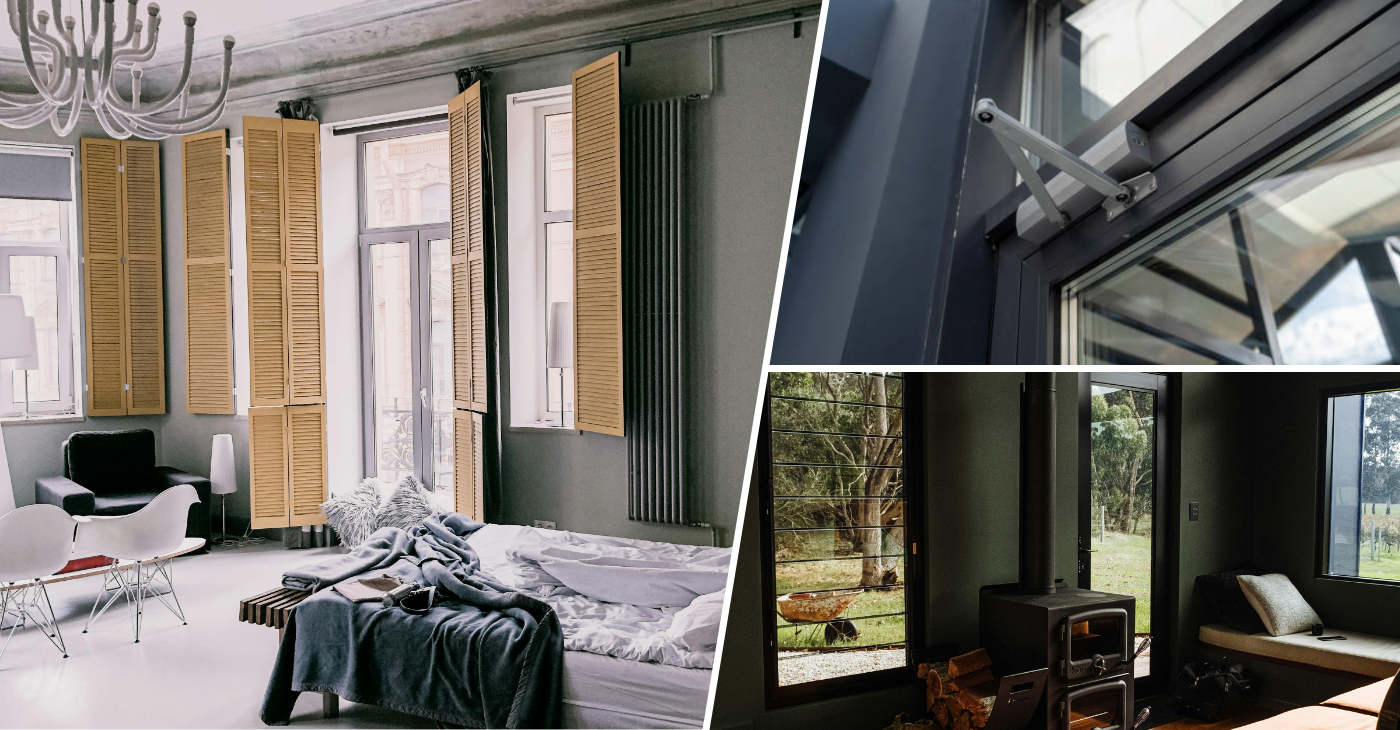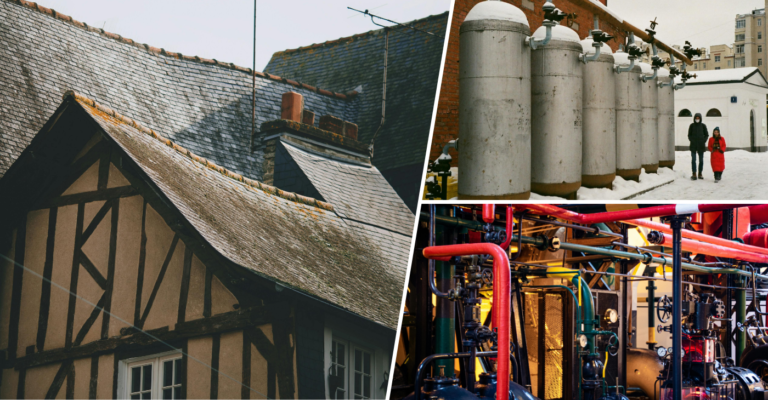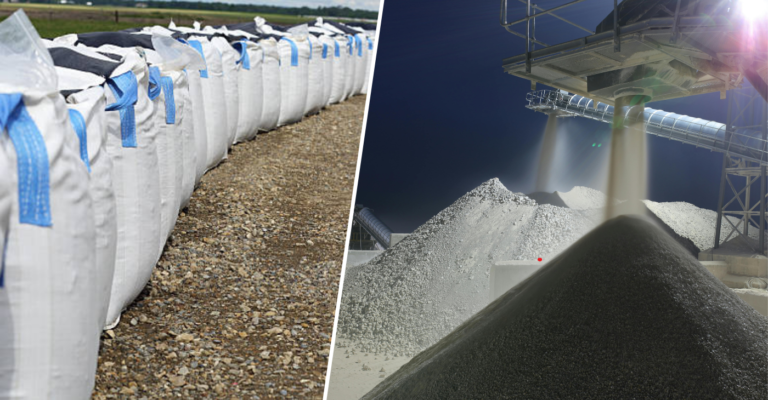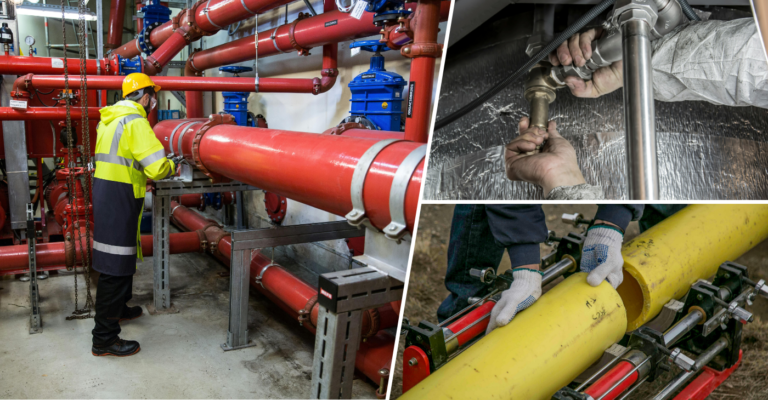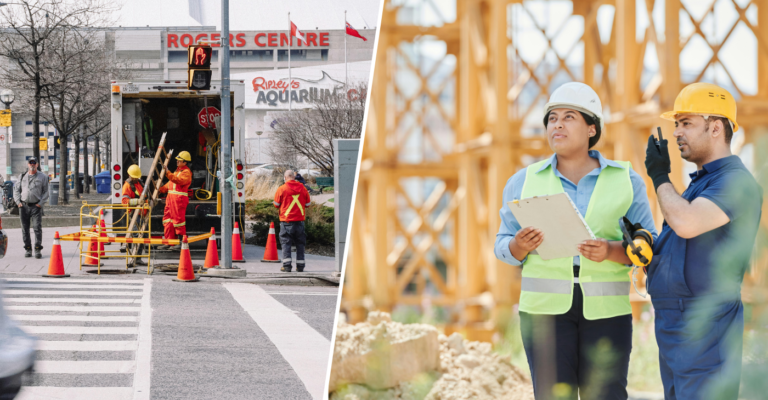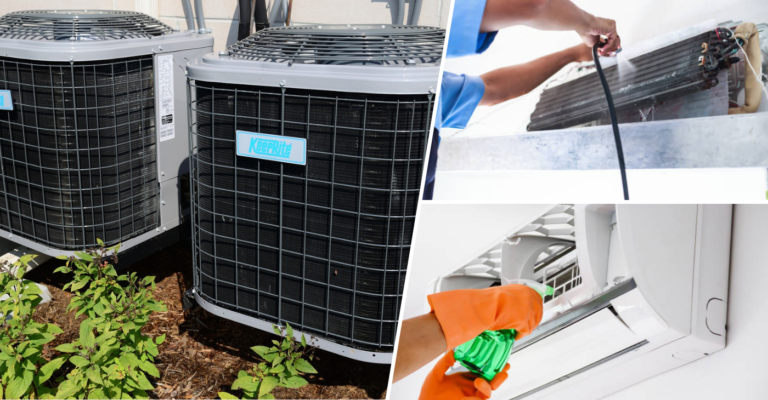Why choose a screen door closer? Key reasons to upgrade today
Screen doors are a staple in many homes, offering a perfect balance between letting fresh air in and keeping unwanted pests out. However, without a proper mechanism to control the door’s movement, screen doors can become a source of frustration. A screen door closer is a simple yet effective solution that enhances the functionality and longevity of your screen door. In this article, we will explore why choosing a screen door closer is a wise decision and outline the key reasons why you should consider upgrading today.
Why screen door closers are useful
Screen door closers offer significant benefits in terms of convenience, safety, and protection. These devices automatically close your screen door, preventing it from being left open unintentionally. This feature is especially valuable in busy households, as it helps maintain indoor air quality by keeping out dust, debris, and insects, while also enhancing energy efficiency by reducing strain on heating and cooling systems.
Additionally, screen door closers enhance home security by ensuring the door is always closed, deterring potential intruders. They also protect the door and frame from damage caused by forceful swings, particularly in windy conditions, prolonging their lifespan. For households with children or pets, screen door closers add an extra layer of safety by preventing accidents and ensuring doors close automatically behind them. Overall, they are a simple and effective addition to any home.
How screen door closers work
Screen door closers are designed to control the closing action of a screen door, ensuring it closes gently and securely every time it is opened. The core component of a screen door closer is usually a hydraulic or pneumatic cylinder that regulates the speed and force of the door as it shuts. This simple yet effective mechanism not only protects the door from slamming but also enhances the overall functionality and longevity of the door.
1. Hydraulic vs. pneumatic systems
Screen door closers typically operate using either a hydraulic or pneumatic system. Both types work on similar principles, but they use different mediums to control the door’s movement.
- Hydraulic door closers: These use a fluid-filled cylinder. When the door is opened, the fluid is forced through small channels within the cylinder, creating resistance that controls the door’s speed as it closes. The fluid’s viscosity can be adjusted, allowing for customization of the closing speed.
- Pneumatic door closers: These use air pressure within a sealed cylinder to manage the door’s movement. When the door is opened, air is compressed inside the cylinder, and as the door closes, the compressed air is released slowly, allowing the door to shut gently. Pneumatic systems are often used in environments where moisture could be an issue, as they do not rely on liquid.
2. Energy storage and release
The key to how screen door closers work lies in the storage and gradual release of energy. When you open the door, the force applied compresses the cylinder (whether hydraulic or pneumatic), storing potential energy. As the door begins to close, this stored energy is released at a controlled rate, guiding the door back to its closed position.
This controlled movement is crucial for preventing the door from slamming shut, which can be noisy and damaging. Instead, the door closer ensures a smooth, steady motion, which not only protects the door but also makes the closing action quieter and more controlled.
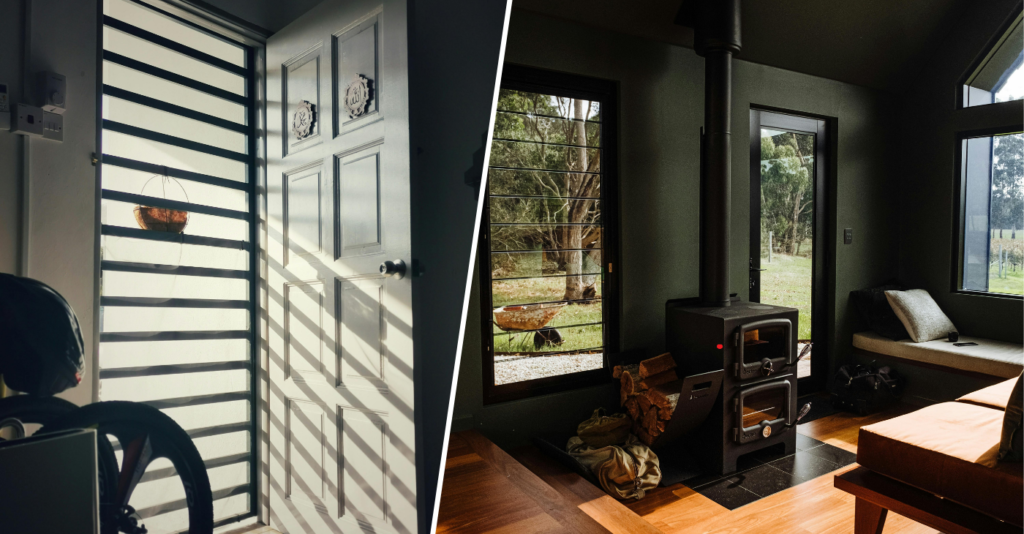
3. Adjustable settings for customized performance
Modern screen door closers often come with adjustable settings that allow you to fine-tune the door’s closing speed and force. This customization is especially useful in different environmental conditions or for doors of varying weights and sizes.
- Speed adjustment: This setting allows you to control how quickly the door closes after being opened. If you prefer a slower close, you can adjust the mechanism to reduce the speed, making the door shut more gently.
- Force adjustment: This setting controls the amount of force required to open the door and the force exerted when the door is closing. Adjusting the force can be important for ensuring that the door closes securely in all weather conditions, particularly in windy areas where doors might otherwise be difficult to control.
5. The role of backcheck and latch speed
Some advanced screen door closers come with additional features like backcheck and latch speed control.
- Backcheck: This function slows down the door’s opening motion when it reaches a certain point, preventing it from being thrown open too forcefully, which can happen in windy conditions or when someone pushes the door too hard.
- Latch speed: This feature controls the final few inches of the door’s closing motion. By adjusting the latch speed, you can ensure that the door closes firmly but gently, securing the latch without slamming.
6. Automatic vs. manual screen door closers
There are also differences between automatic and manual screen door closers.
- Automatic closers: These devices operate without the need for manual intervention, automatically closing the door after it has been opened. They are ideal for households with high traffic or for situations where the door needs to close securely behind someone, like when there are small children or pets.
- Manual closers: These require the user to push or pull the door to initiate the closing action, though the closer still controls the speed and force of the door once it begins to close. These are often used in less busy environments where the door does not need to close automatically every time.
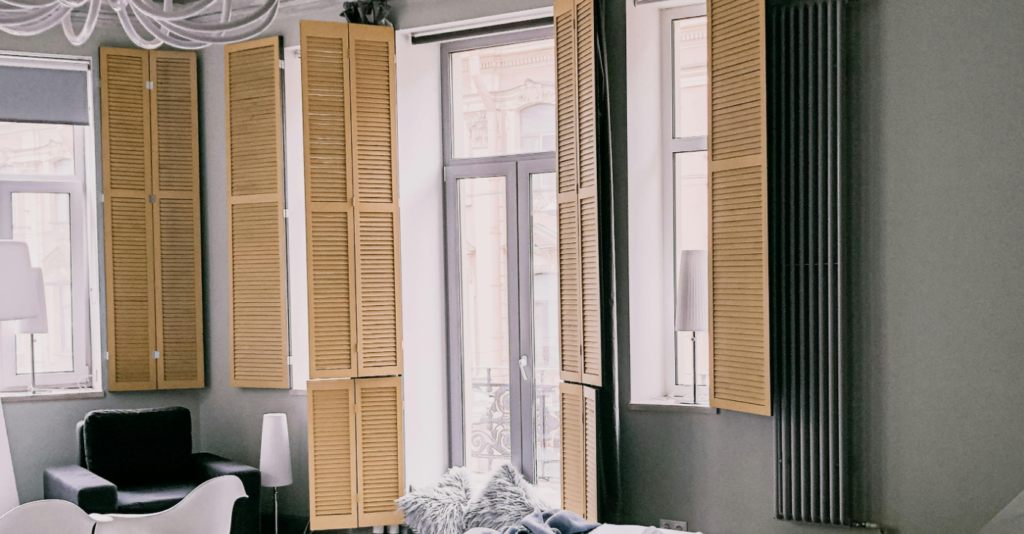
Why you should upgrade to screen door closer
A screen door closer is a small but mighty addition to your home’s security and functionality. By automatically closing your screen door, it offers several advantages:
Increased convenience and comfort
Upgrading to a screen door closer offers numerous advantages, starting with enhanced convenience. In a busy household, having a door that automatically closes behind you can save time and effort, especially when your hands are full or you’re managing young children. No longer will you need to worry about whether the door was left open, as the closer takes care of it for you.
Improved security measures
Security is another compelling reason to upgrade to a screen door closer. By ensuring the door closes securely every time, you reduce the likelihood of an accidental entry point being left open, which could otherwise be an invitation to intruders. Many modern screen door closers also come with features like adjustable closing speed and force, providing additional customization to suit your security needs.
Cost savings and energy efficiency
From a financial perspective, a screen door closer can save you money in the long run. The controlled closing mechanism helps to prevent the wear and tear that can result from a door slamming shut, which can otherwise lead to costly repairs or replacements. Additionally, by ensuring the door is always closed, a screen door closer helps to maintain the indoor temperature, reducing the need for heating or cooling and lowering your energy bills.
Prolonged door lifespan
Repeated slamming and rough handling can significantly shorten the lifespan of your screen door. By upgrading to a screen door closer, you can extend the life of your door by preventing damage from everyday use. This not only saves you money on repairs and replacements but also ensures that your screen door remains functional and aesthetically pleasing for years to come.
Conclusion
In summary, a screen door closer is a small but mighty addition to any home. It offers a range of benefits, from improved convenience and security to enhanced energy efficiency and safety. By preventing unnecessary wear and tear on your screen door, it helps to prolong the door’s lifespan, saving you money on repairs and replacements. With easy installation, low maintenance requirements, and customizable options, a screen door closer is a practical and cost-effective upgrade that can significantly improve your home’s functionality and comfort. If you’re looking for a simple way to enhance your home, consider upgrading to a screen door closer today.

